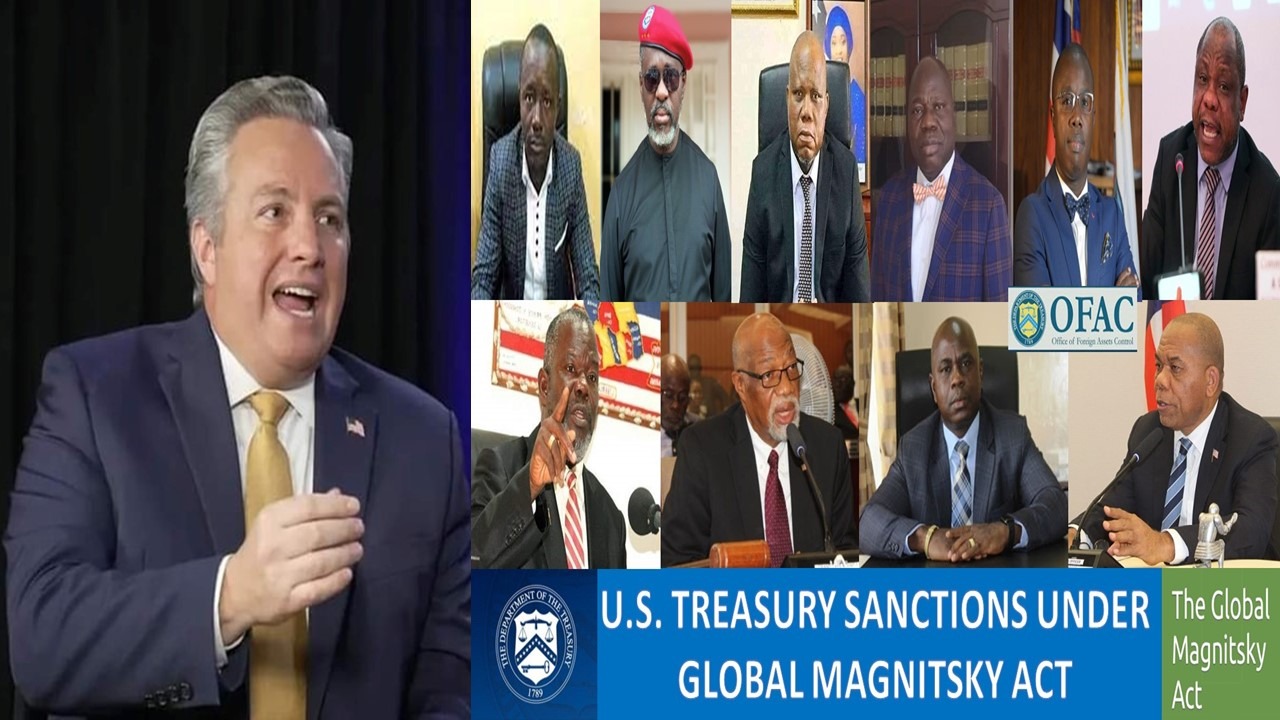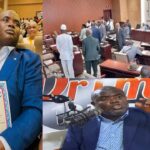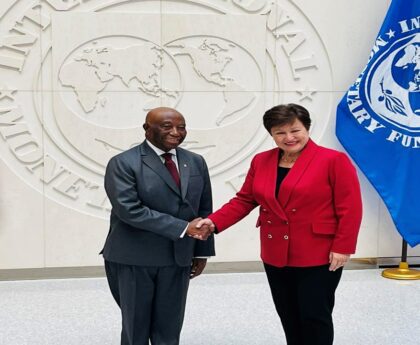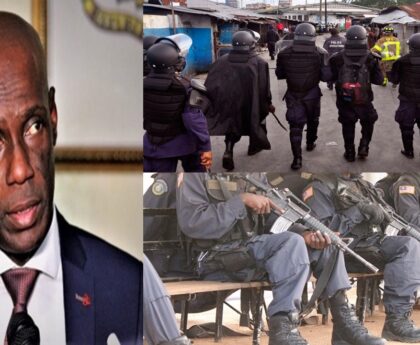In a recent statement, US Presidential candidate Rollan Roberts condemned the imposition of sanctions by the United States against several Liberian officials, including Finance Minister Samuel Tweah. The sanctions, which involve a lifetime ban on travel to the US and the use of the US financial banking system, have sparked controversy and criticism from Roberts, who views them as an unjust and heavy-handed measure.
Roberts argues that the sanctions stem from a decision by Minister Tweah to award a national contract to the Liberian company, ArcelorMittal Limited (AML), over the American company, High Power Exploration, Inc. (HPX). According to Roberts, the decision to penalize Liberian officials for favoring a local enterprise over a foreign one sets a dangerous precedent, suggesting that nations must conform to the desires of a foreign power or face severe consequences.
The presidential candidate questions the severity of the punishment, asking, “What corruption did they commit so heinous worthy of destroying their lives and that of their families?” Roberts contends that the sanctions are an inappropriate response to a business decision that aimed to support a local enterprise. He emphasizes that the message sent by these sanctions was not well-received by the Liberian people, both within and outside the nation.
Roberts further highlights the discontent of some Liberian-Americans who hold dual citizenship and are reportedly considering renouncing their US citizenship due to what they perceive as unwarranted sanctions based on questionable motives. The candidate underscores the embarrassment felt by these individuals, who, in response to the sanctions, are questioning their affiliation with a country that imposes measures they consider to be driven by greed and corruption.
One of Roberts’ central arguments is the ineffectiveness of sanctions as a diplomatic tool in the modern world. He asserts that the global influence of the US dollar has diminished over time, and the growing reliance on other currencies and alliances, such as BRICS, undermines the efficacy of sanctions. Roberts contends that rather than achieving their intended goals, sanctions drive business, finance, trade, goodwill, and social capital away from the United States.
Roberts takes the opportunity to critique the perception of the United States as a paragon of virtue, emphasizing that corruption is not exclusive to any particular nation. He argues that corruption is ingrained in the administrative protocols of the American state and questions the self-righteousness that often accompanies it.
As a presidential candidate, Roberts outlines his commitment to ending what he perceives as American corruption. He pledges to favor spending American taxpayer dollars with domestic companies over foreign ones, emphasizing a shift towards supporting US enterprises. Roberts also advocates for leaders who prioritize their country’s best interests and denounces the expectation for other nations to act against their own interests.
In conclusion, Roberts calls for a reevaluation of US foreign policy, advocating for a departure from what he sees as antiquated and ineffective wielding of power. He asserts that the United States needs leaders who are strong, humble, wise, and gracious, governed by a fear of God and a commitment to the well-being of the people and the nation. Whether or not Roberts secures the presidency, his stance on sanctions and foreign policy raises important questions about the role of the United States on the global stage.




